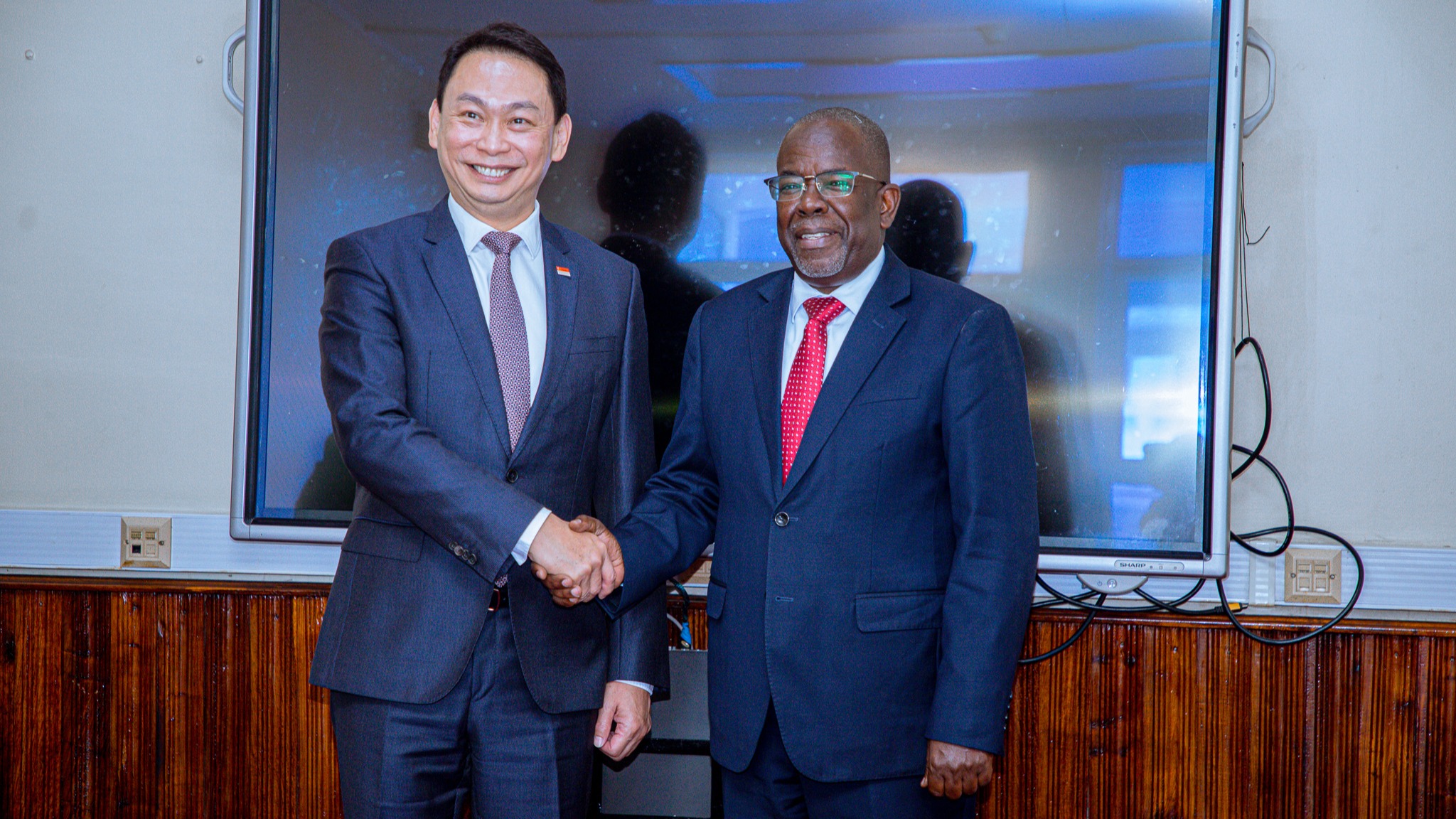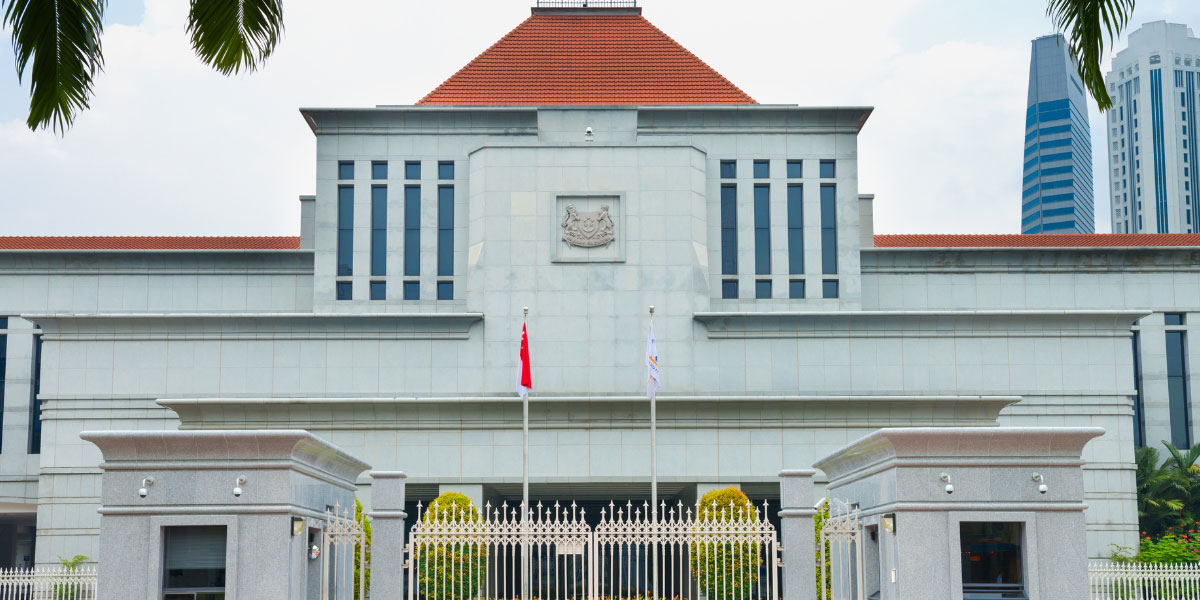The Inland Revenue Authority of Singapore has released Advance Ruling Summary No. 01/2024, addressing whether the profit a partnership earns from selling its business to a company is considered capital in nature on 28 August 2024.
- Subject: Whether any profits derived by Partnership A from the proposed sale of the business to Company B is capital in nature and not subject to income tax under section 10(1) of the Income Tax Act 1947 (ITA), except for the transfer of inventories (where the rules under Section 32 of the ITA will apply, where applicable), and the computation of balancing charges as required under Section 20 of the ITA where capital allowances were claimed previously.
- Relevant background and facts: (a) Partnership A is a limited liability partnership registered in Singapore. (b) Due to group restructuring (the “Restructuring”), Partnership A will be transferring its whole business to Company B, a company incorporated in Singapore. (c) Partnership A will be transferring the assets and liabilities to Company B at net book value as at the date of transfer of the business (the “Effective Date”). (d) The list of assets to be transferred comprises property, plant and machinery, inventories as well as trade and other receivables. (e) The list of liabilities to be transferred comprises lease liabilities, trade and other payables and customers’ deposits. (f) The arm’s length consideration payable by Company B to Partnership A for the transfer of the business is equivalent to the aggregate of the net book value of the assets as at the Effective Date and the goodwill of the business, i.e. Consideration = Net Book Value + Goodwill (i) The consideration for each asset shall be an amount equal to the net book value of the relevant asset as at the Effective Date; and (ii) The consideration for the goodwill of the business shall be an amount equal to the difference between the purchase consideration and the aggregate net book value of the assets as at the Effective Date. (g) The amount of goodwill will be reflected in Company B’s accounts. (h) Partnership A will be liquidated after the transfer of the business is completed with no outstanding assets or liabilities remaining with Partnership A. The business will continue to be carried on by Company B.
- Relevant legislative provisions: Income Tax Act 1947 (2020 Revised Edition) – Sections 10(1), 20 and 32
- The rulings: (a) The transfer of Partnership A’s business to Company B as a result of the Restructuring is a capital transaction. (b) The tax implications arising from the business transfer would depend on the nature of the specific underlying assets that make up the business that is being divested. The tax treatment of the various assets transferred is as follows: (i) Inventories Section 32(1)(a) of the ITA will be applied to the valuation of the inventories, which will be regarded as part of the consideration received by Partnership A for the business transfer. Given that the inventories will be transferred at their net book value, there would not be any gains arising from the transfer of inventories that are subject to tax under section 10(1) of the ITA. (ii) Property, plant and machinery comprising office equipment, furniture and fitting, motor vehicles and tools The gains, if any, arising from the disposal of the property plant and machinery are capital in nature and are therefore not subject to tax. The provisions in Section 20 of the ITA will apply to determine the amount of balancing charge/balancing allowance arising from the disposal, where applicable. (iii) Trade and other receivables The transfer of the trade and other receivables is incidental to and form part and parcel of the transfer of the business as a going concern from Partnership A to Company B. The gains, if any, arising therefrom are therefore capital in nature and are not subject to tax.
- Reasons for the decision: (a) The transfer of Partnership A’s business to Company B as a result of the Restructuring is regarded as a capital transaction after taking into consideration the following factors: (i) Circumstances of the transfer; (ii) Nature of Partnership A’s assets; (iii) Frequency of similar transactions by Partnership A. (iv) Length of period of ownership (v) Profit-seeking motive (vi) Mode of financing (vii) Nature of the asset being bought/sold (viii) Supplementary work done (ix) Circumstances of the realisation (b) Inventories As the conditions stipulated under Section 32(1)(a) of the ITA would be satisfied, the value of the inventories transferred for tax purpose would be the consideration that Partnership A receives from the transfer. (c) Property, plant and machinery The property, plant and machinery comprising office equipment, furniture and fitting, motor vehicles and tools, are fixed capital assets employed for use by Partnership A in carrying on its business. Hence, any gains arising from the disposal of these assets are capital in nature and therefore not subject to tax.
(d) Trade and other receivables In line with the position taken to regard the transfer of business as a capital transaction, the gains, if any, arising from the transfer of trade and other receivables are therefore capital in nature and are not subject to tax.













